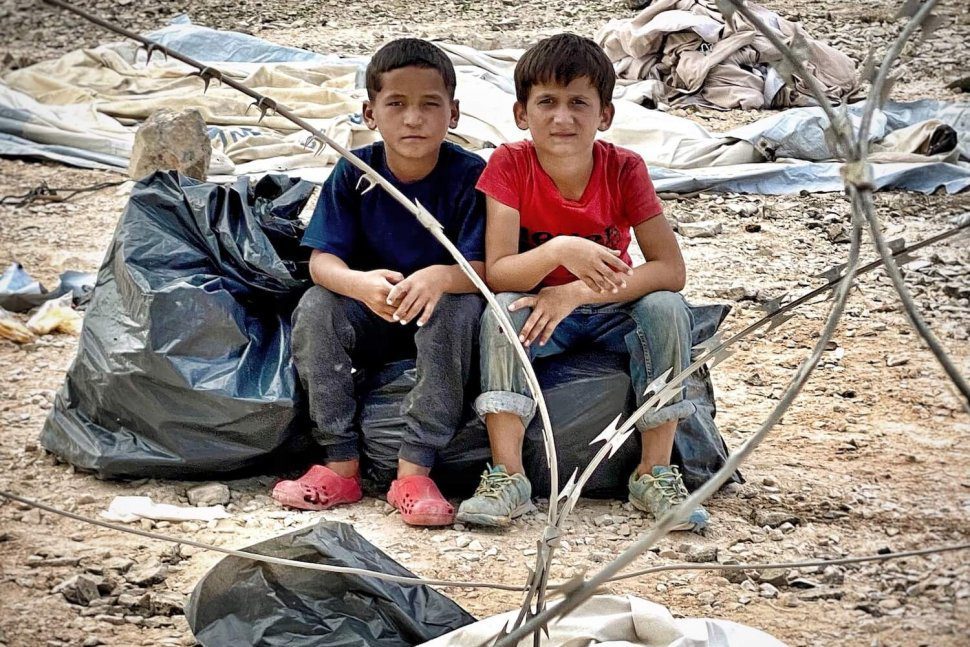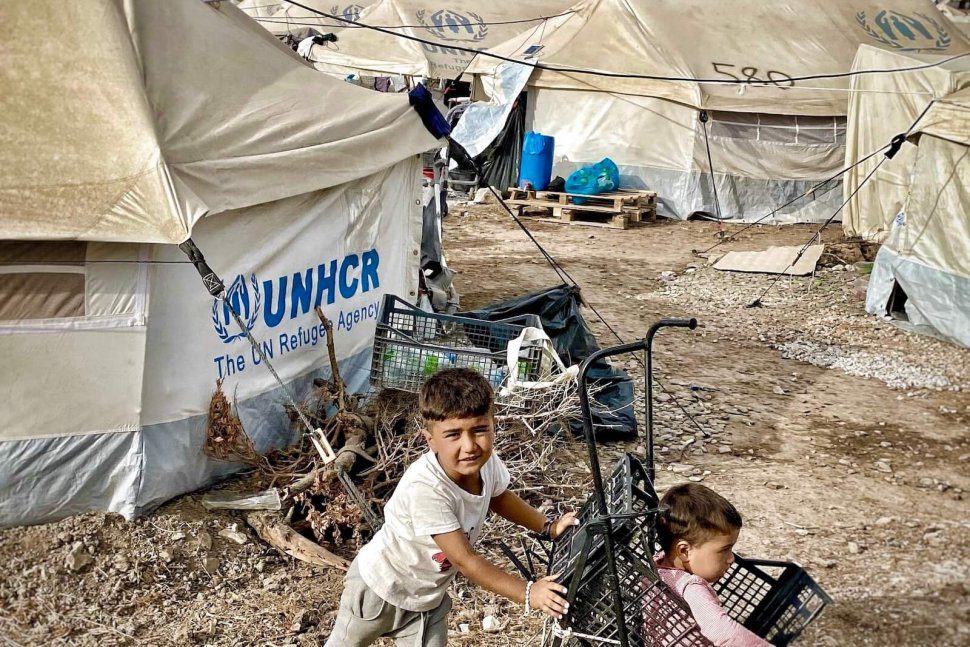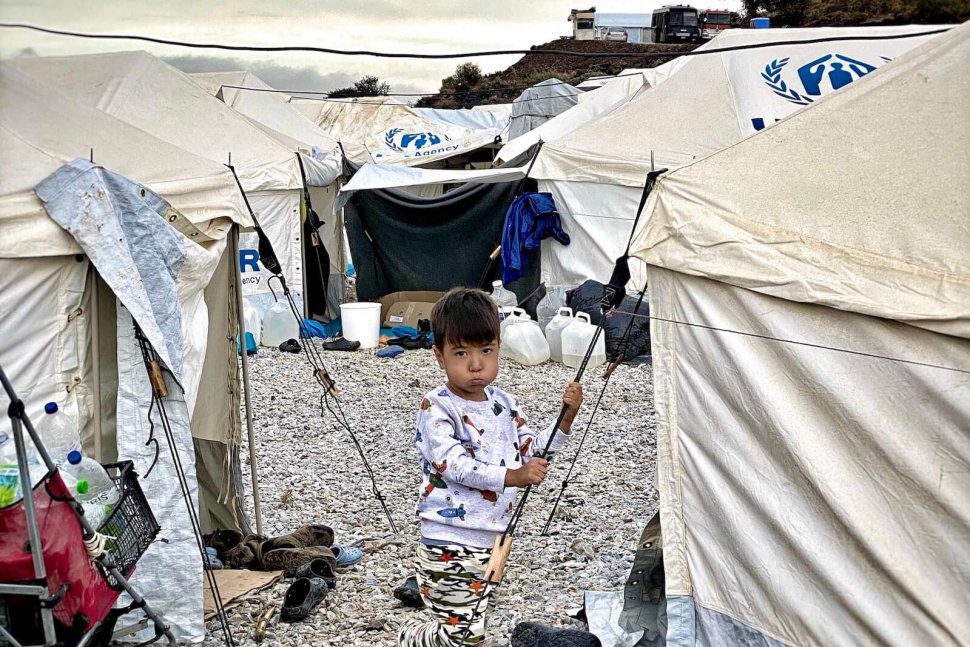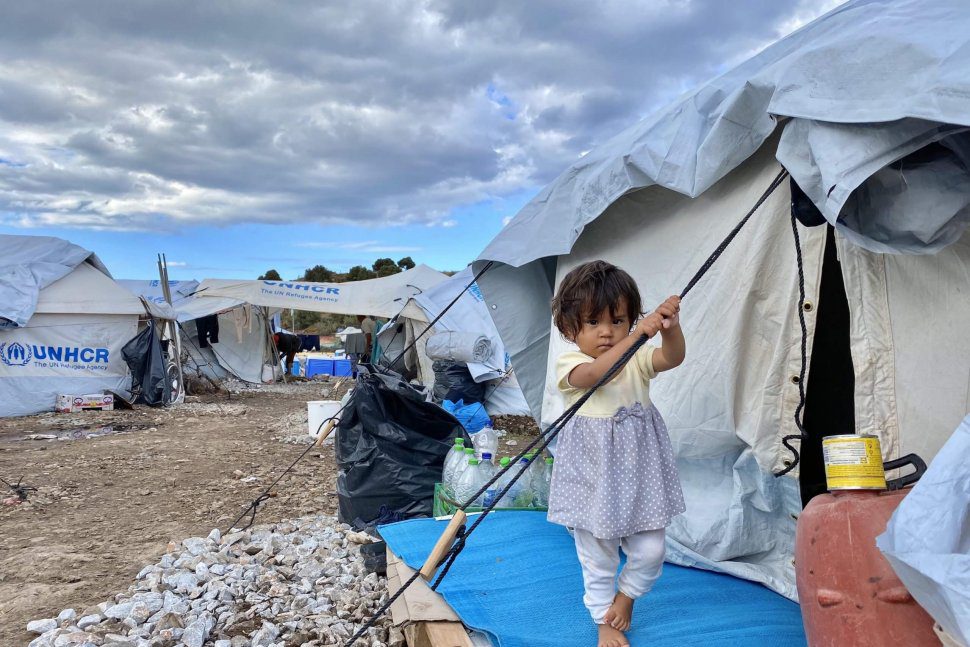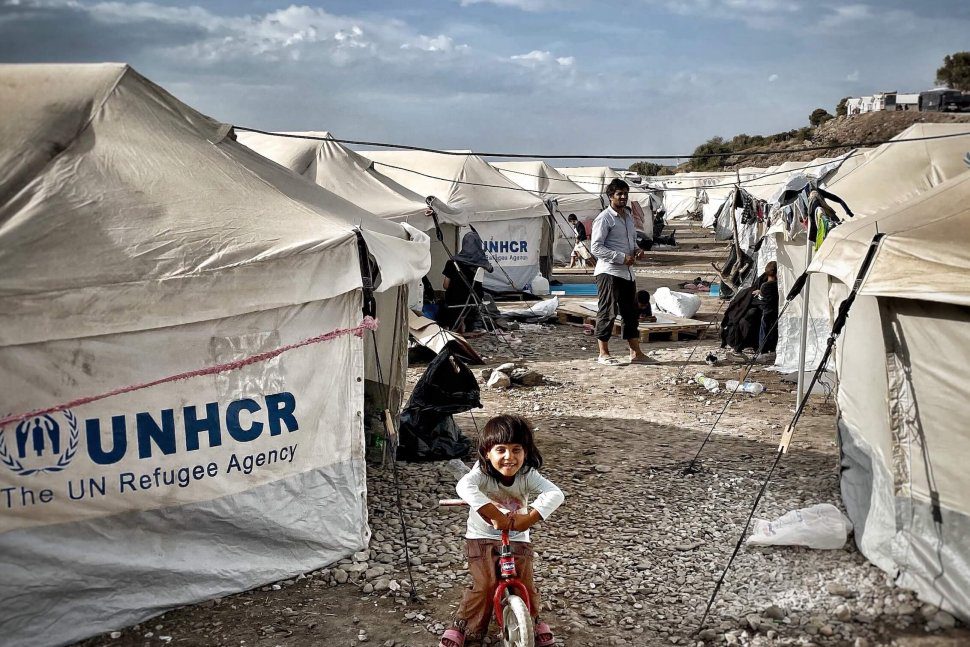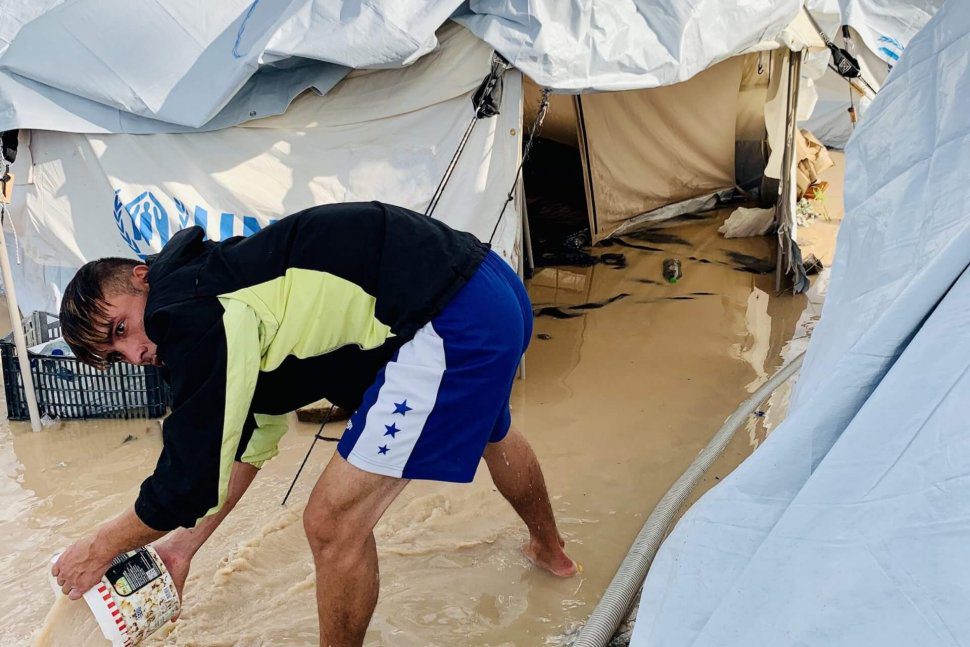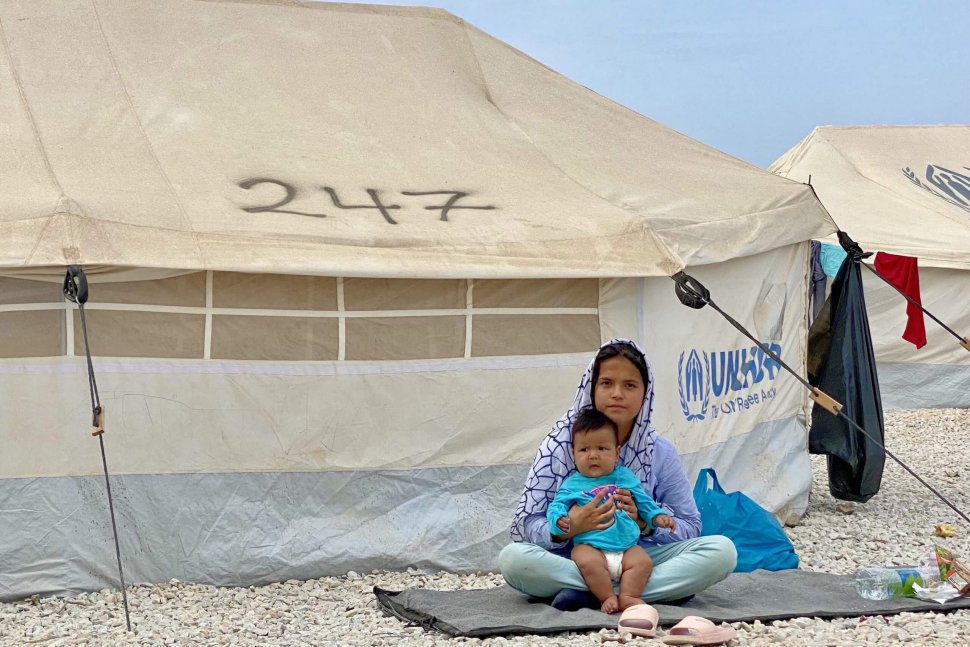
Greece
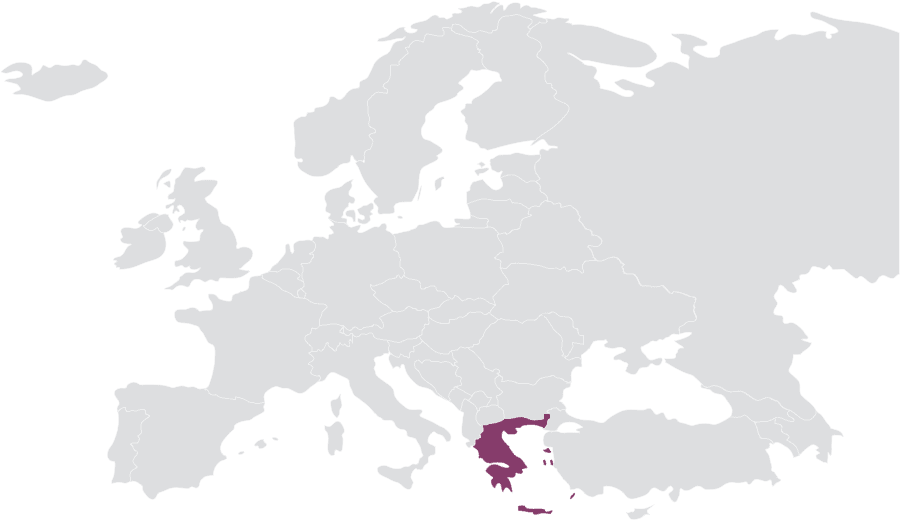
In 2015, 856,000 people passed through the Greek islands, and in 2017 and 2018 only just under 30 thousand (according to UNHCR). But 2019 brought already a growth – over 60,000 newcomers. Practice shows that you can get stuck in Lesbos for a good few years. Nikos and Katerina run a small restaurant on the island, where every refugee can feel at home and eat a meal for free.
Overview:
- At the end of 2024, there were nearly 4,000 refugees in the camp on the Greek island of Lesbos. Almost 28% of them are children.
- Since the beginning of 2015, nearly 1 million refugees have arrived in Europe via the Greek islands.
320
meals and first aid items
5-hectare farm
Authorities’ approach to residents of the camp on the Greek island of Lesbos is clearly changing as they now test out new solutions for stabilizing the situation. One of the ideas under consideration is providing new arrivals with a return ticket home. While this would seemingly solve the migrant issue, the reduced numbers of migrants don’t take into account the heartrending drama of the people behind the statistics.
“Even trash has a place. We’re worth less than trash. There is not one corner of this planet where we will feel accepted and safe,” an angry father, one of Moria 2.0’s residents, explains while holding his daughter in his hands. Today, he was one of 200 other families at Moria whose refugee application was rejected. This means one thing – deportation.
“Returning to Afghanistan with a small child, where the Taliban killed my father and brothers in cold blood, is a certain death sentence. We will share their fate as soon as we cross the border,” he explains tearfully. For him, forced return to the country is the worst possible scenario.
The list of rejected asylum applicants includes a single mother of five, who had no choice but to put all of her children’s lives at risk in order to escape certain death. How is she supposed to look them in the eye now and tell them that it was all for nothing? How can she explain to them they are unwanted by the world, that she isn’t able to keep them safe and that the worst is yet to come?
Rejected applicants can appeal the decision but legal advice is expensive. The whole process can cost 2,000 Euro or more. That’s money none of them have.
Where are we in the midst of all of this? Where we always are – with them, on the ground, providing hands-on support. We help with everything – from daily matters that can quickly become overwhelming to complicated legal proceedings. Even migrants whose applications have been accepted still need our help to pay the passport fees – 97 euro for an adult, 86 euro for a child. For migrants whose only material possessions is a soaked tent, this is an insurmountable fee.
We can’t help everyone today but whether or not we will be able to help extend a helping hand to the next person in need depends on all of us. We must mobilize for these vulnerable individuals once again. Let’s show them that they are not alone in this world, that they do matter, and that they, too, have a place in this world. 15 PLN – less than $4 USD – for one hot meal is an amount most can afford. Add another 15 PLN to this and your donation will support our efforts to find safe refuge for the displaced.
Half of the amount we raise through our recent fundraiser will go to legal fees for refugees, who, having escaped hell, have now learned that nobody in Europe cares about their fate.

